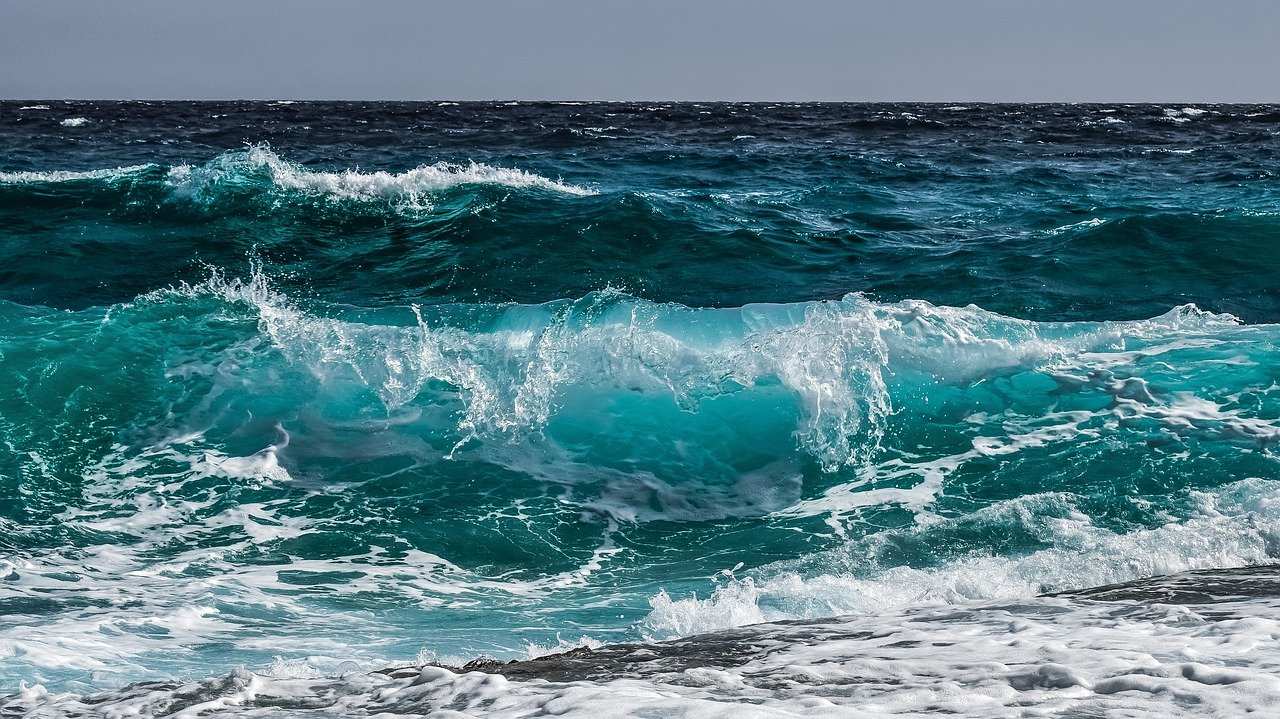World Water Day on 22 March with its theme of “Leveraging Water for Peace” is a call to action for, among others, transboundary cooperation to conserve and restore our lakes and other freshwater resources. Efforts have been building recently in this direction.
A resolution adopted at the United Nations Environment Assembly (UNEA) on 1 March calls on Member States to implement integrated water resources management at all levels, including through transboundary cooperation, and mainstream the restoration and sustainable management of aquatic ecosystems into relevant intergovernmental processes.
In line with this, the UN Environment Programme (UNEP) and the Food and Agriculture Organization of the UN (FAO) recently named seven initiatives from Africa, Latin America, the Mediterranean, and South Asia as UN World Restoration Flagships. They include ecosystems at the tipping point of outright degradation such as the Living Indus initiative in Pakistan, and are now eligible for technical, financial and communication support.
The flagships honour the best examples of large-scale and long-term ecosystem restoration in any country or region and embody the 10 Restoration Principles of the UN Decade. The United Nations is urging countries to apply by 30 April to be recognized as a UN World Restoration Flagship.
Countries have already promised to restore 1 billion hectares – an area larger than China – as part of international climate, nature, and land goals. The Freshwater Challenge, with 46 countries on board, is a complementary initiative targeting the restoration and protection of freshwater ecosystems supported by UNEP.
NEW COURSE ON SUSTAINABLE LAKE MANAGEMENT
Earlier this year UNEP launched a free, five-module, online course on sustainable lake management in support of the implementation of the UNEA-5 resolution of March 2022 on Sustainable lake management. All countries of the world recognized that natural and artificial lakes contain more than 90 per cent of the planet’s unfrozen surface fresh water and are major contributors to ensuring the availability and accessibility of water to protect lives and livelihoods.
To scale up action for lakes, the UNEP course delves into lake restoration practicalities, best practices, pitfalls to avoid, and highlights the essential ingredients of “Integrated Lake Basin Management”. The course also provides a stark reminder that if we do not transform to systems-thinking that better integrates science into policy and practice and ensures strong and inclusive stakeholder engagement and collaboration across multiple sectors we will not see the progress needed to make an impact.
Furthermore, the need for multi-sector and stakeholder partnerships, more data and a broader community that understands lake ecosystems and what successful restoration looks is why UNEP developed the course and launched a complementary Lakes Portal.
"As a key ecosystem to help us tackle the triple planetary crisis and secure freshwater now and into the future, lakes need urgent restoration and protection. This training and accompanying portal are just part of the work we are doing to ensure that people and our policies and plans include and count on sustainable lakes management as part of the Water Action Agenda” says Leticia Carvalho, Head of the Marine and Freshwater Branch of the United Nations Environment Programme.

TRANSBOUNDARY LAKES
One challenge highlighted by the course is management of lakes that reach across borders and may be shared by several countries: Competing interests for lake resources can give rise to conflict unless all stakeholders sit down together to work out mutually beneficial solutions. A few years, ago, a dispute flared up over ownership of Migingo island in Lake Victoria. Negotiations eventually resolved the issue and in January 2023 the Lake Victoria Basin Partner States jointly agreed to implement a long-term water resources’ planning and management framework at an initial cost of $550 million, with the project scheduled to conclude at the end of 2027.
According to Lake Victoria: Overview of research needs and the way forward (Journal of Great Lakes Research, December 2023), over 42 million people rely on Lake Victoria as their primary source of food, employment and clean drinking water. But the surrounding countries’ growing populations have resulted in a lower fish catch rate per capita. And the lake and its catchment have been negatively impacted by overfishing, oil spills, discharge of untreated waste, the spread of invasive species, over-abstraction of water from the lake basin, and climate change.
Thorough and participatory stakeholder engagement, long-term planning, multi-disciplinary approaches in the research and monitoring of both basin-wide and lake-wide biophysical processes, and country-level commitment are what is needed to turn the situation around.

A recent study surveyed 179 lake restoration practitioners spanning 65 countries and found that (i) restoration targets have been poorly defined and lack adaptation to a changing climate (ii) nutrient control remains the most effective and widely used restoration measure, and (iii) poor support across sectors is a major constraint for restoration success. In alignment with takeaways from the online course, the study concluded that new and emerging pressures, singly and in combination, may require new approaches to lake restoration – for both setting restoration targets and devising restoration strategies.
Help “leverage water for peace”. Take the UNEP course, get involved with ILEC’s Training Academy, the African Center for aquatic research and education, the Freshwater Challenge or the UNEP-Rotary International initiative Community Action for Fresh Water.
For further information, please contact Ann-Kathrin Neureuther: [email protected] or Lis Mullin Bernhardt: [email protected]
🎉 Celebrate the World Water Day 2024 on your social media! Download cards, photos and more assets here:
The UN Decade on Ecosystem Restoration 2021-2030, led by the United Nations Environment Programme, the Food and Agriculture Organization of the United Nations and its partners, covers terrestrial as well as coastal and marine ecosystems. As a global call to action, it will draw together political support, scientific research and financial muscle to massively scale up restoration. Find out how you can contribute to the UN Decade. Follow #GenerationRestoration.
